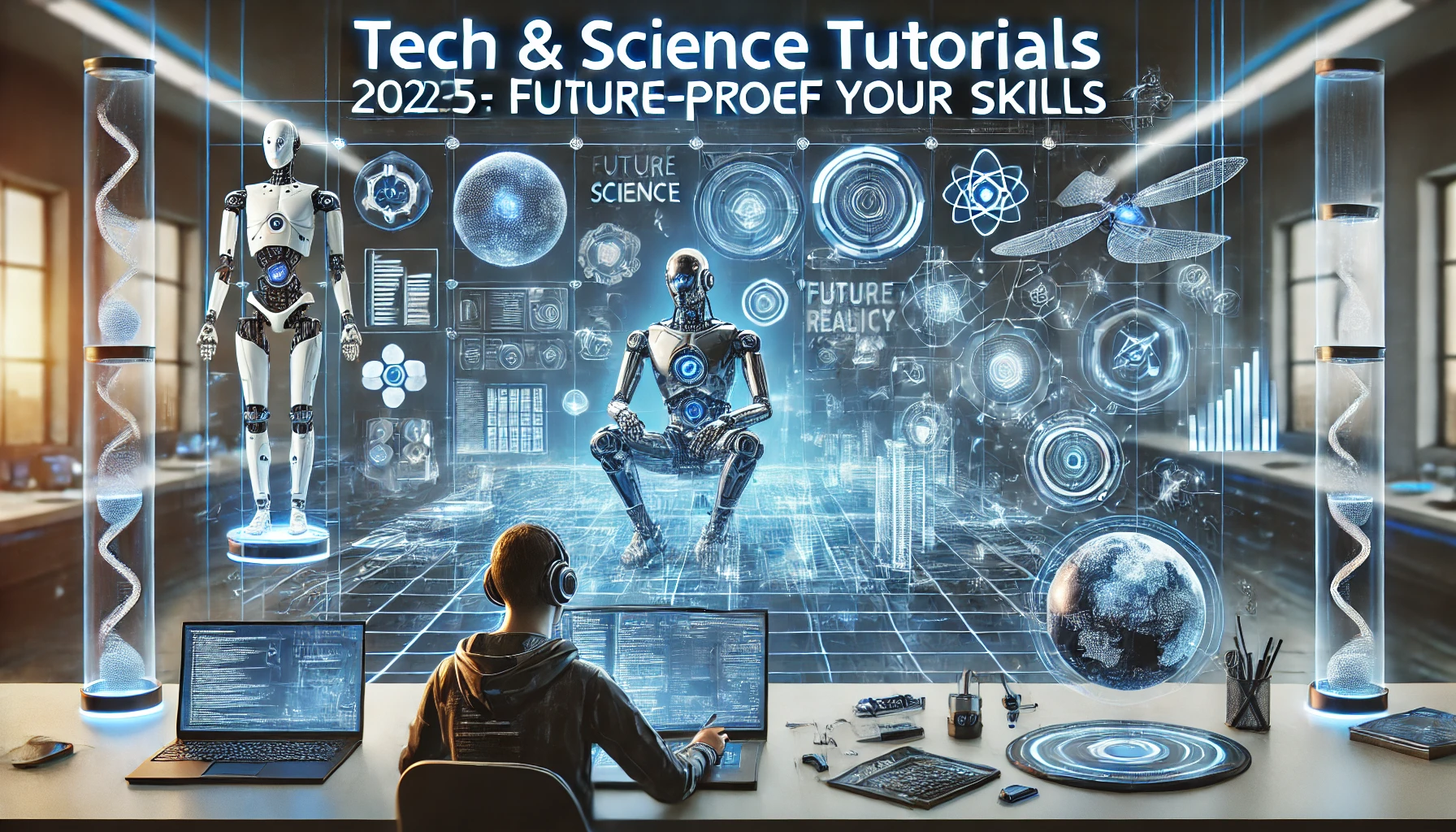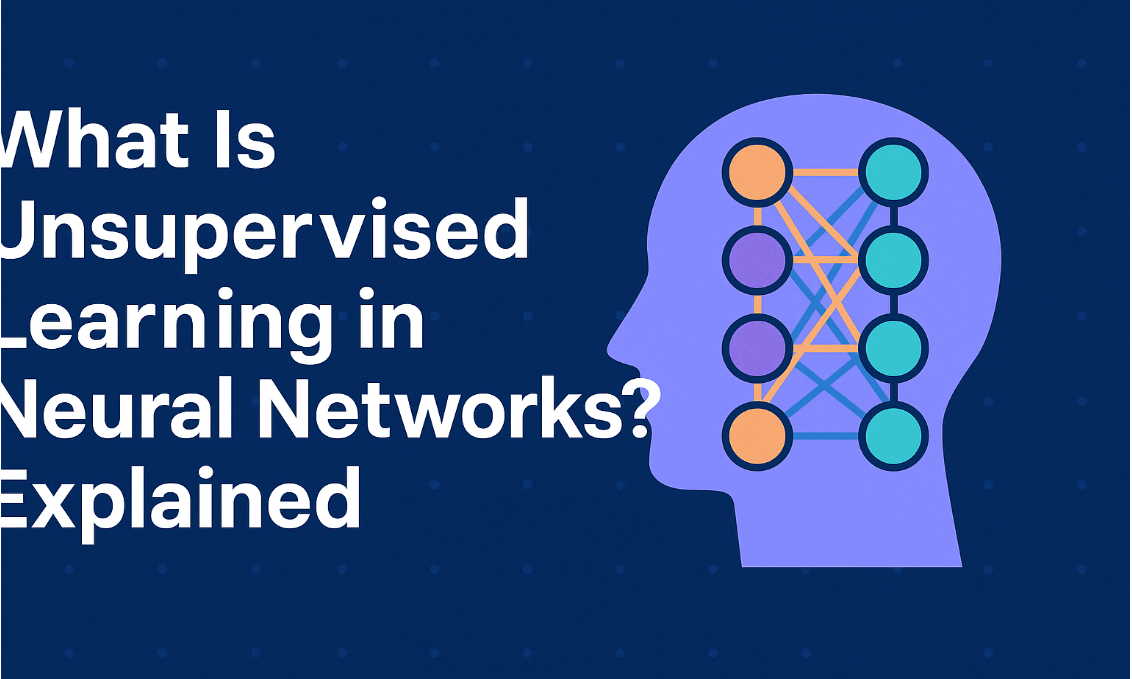
Future-Proof Your Skills: Tech & Science Tutorials to Master in 2025-2030
Introduction
The world is evolving at an unprecedented pace, driven by rapid advancements in technology and science. To stay relevant and thrive in the years 2025-2030, continuous learning is no longer an option—it’s a necessity. This article explores the essential tech and science tutorials that will empower you to master new skills and stay ahead of the curve.
The Importance of Continuous Learning in Tech and Science
The landscape of technology and science is constantly shifting. From artificial intelligence and quantum computing to biotechnology and sustainable energy, new breakthroughs are reshaping industries and creating exciting opportunities. By engaging in ongoing learning through tutorials and online resources, you can:
Enhance your career prospects: Acquire in-demand skills that employers are actively seeking.
Adapt to technological changes: Stay updated on the latest advancements and trends.
Expand your knowledge and understanding: Explore new frontiers in science and technology.
Fuel your passion for innovation: Discover new areas of interest and contribute to groundbreaking discoveries.
Top Tech & Science Tutorials to Focus On
1. Artificial Intelligence (AI) and Machine Learning (ML)
AI is transforming every industry, making it crucial to understand its fundamentals.
Focus on tutorials covering:
Python programming for AI/ML.
Deep learning frameworks like TensorFlow and PyTorch.
Natural language processing (NLP) and computer vision.
Where to learn:
Coursera, edX, Udacity, and specialized AI/ML online programs.
2. Data Science and Analytics
Data is the new oil, and professionals who can analyze and interpret data are highly valued.
Explore tutorials on:
Data visualization tools like Tableau and Power BI.
Statistical analysis and data mining techniques.
Big data technologies like Hadoop and Spark.
Where to learn:
Datacamp, Udemy, Kaggle, and university-level online data science courses.
3. Cybersecurity
As our reliance on technology increases, so does the threat of cyberattacks.
Learn about:
Ethical hacking and penetration testing.
Network security and cryptography.
Cloud security and data protection.
Where to learn:
Cybrary, SANS Institute, and CompTIA certifications.
4. Cloud Computing
Cloud platforms like AWS, Azure, and Google Cloud are essential for modern businesses.
Gain proficiency in:
Cloud architecture and infrastructure.
Cloud security and management.
Serverless computing and containerization.
Where to learn:
AWS Training and Certification, Microsoft Azure certifications, Google Cloud Training.
5. Biotechnology and Genomics
Advancements in biotechnology are revolutionizing healthcare and agriculture.
Explore tutorials on:
Genetic engineering and gene editing (CRISPR).
Bioinformatics and data analysis.
Synthetic biology and personalized medicine.
Where to learn:
Online courses from universities with strong bioscience departments.
6. Sustainable Energy Technologies
With the growing urgency of climate change, sustainable energy is a critical field.
Learn about:
Solar and wind energy technologies.
Energy storage and smart grids.
Sustainable building and infrastructure.
Where to learn:
Online courses from institutions focused on renewable energy and organizations specializing in sustainable technology.
Tips for Effective Learning
Set clear goals: Define what you want to achieve and create a learning plan.
Practice regularly: Apply your knowledge through hands-on projects and exercises.
Join online communities: Connect with other learners and experts in your field.
Stay updated: Follow industry news and trends to keep your skills current.
Seek out diverse learning resources: Utilize online courses, tutorials, books, and articles.
FAQ:
Q: Why is continuous learning important in tech and science?
A: Continuous learning is crucial because the tech and science fields are constantly evolving. It helps you stay relevant, enhance your career prospects, adapt to new technologies, and expand your knowledge.
Q: What are some essential tech skills to learn for 2025-2030?
A: Key skills include artificial intelligence (AI) and machine learning (ML), data science and analytics, cybersecurity, cloud computing, and software development.
Q: Where can I find quality online tutorials for tech and science?
A: Reputable platforms like Coursera, edX, Udemy, DataCamp, and specialized training programs from companies like AWS, Microsoft, and Google offer excellent tutorials. University's with strong science and tech departments also provide online courses.
Q: How can I effectively learn new tech and science skills?
A: Set clear goals, practice regularly through hands-on projects, join online communities, stay updated on industry trends, and utilize diverse learning resources.
Q: Are cybersecurity skills in high demand?
A: Yes, cybersecurity skills are highly in demand due to the increasing threat of cyberattacks. Learning ethical hacking, network security, and cloud security is beneficial.
Q: What are the benefits of learning cloud computing?
A: Cloud computing skills enable you to work with modern infrastructure, manage data efficiently, and develop scalable applications. Cloud platforms like AWS, Azure, and Google Cloud are widely used.
Q: What is the importance of learning about AI and Machine learning?
A: AI and Machine learning are changing all industries. Understanding these technologies will allow you to work on cutting edge projects, and remain very employable.
Q: How can I stay up to date with the latest advancements?
A: Follow industry blogs, attend webinars, participate in online forums, and join professional organizations.
Conclusion
The years 2025-2030 will be defined by rapid technological and scientific advancements. By embracing continuous learning and focusing on essential tech and science tutorials, you can future-proof your skills and unlock exciting opportunities. Start your learning journey today and prepare for the challenges and rewards of the future.








